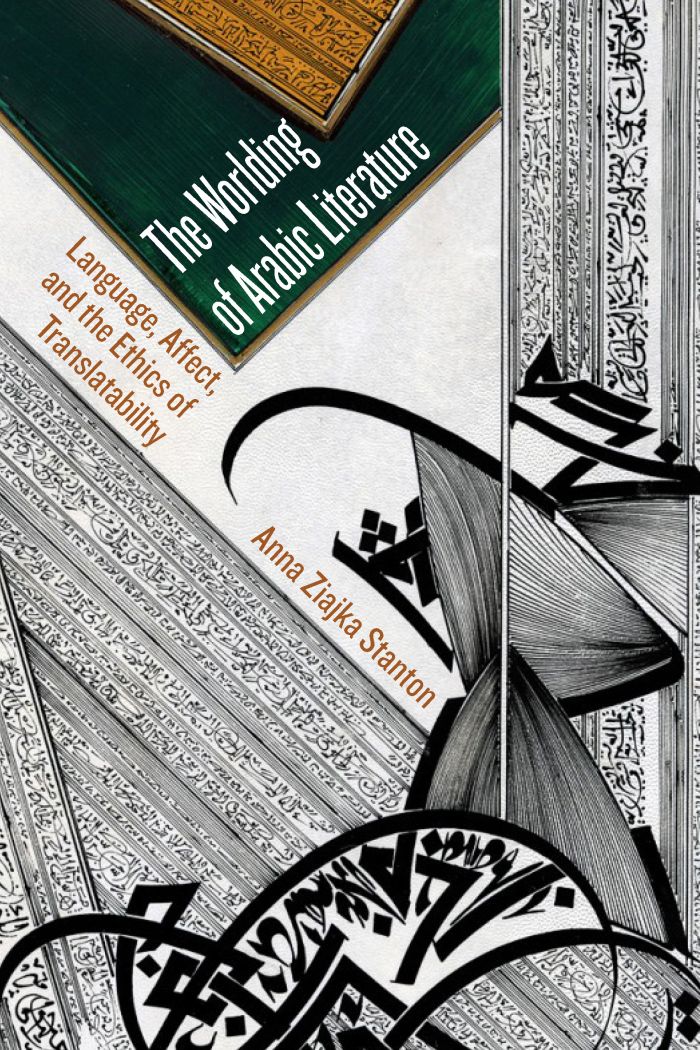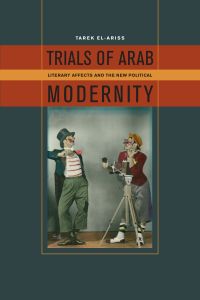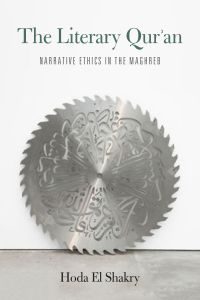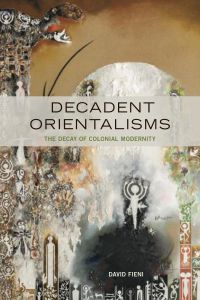The Worlding of Arabic Literature
Language, Affect, and the Ethics of Translatability

This book can be opened with

WINNER, ALDO AND JEANNE SCAGLIONE PRIZE FOR MIDDLE EASTERN STUDIES
Critics have long viewed translating Arabic literature into English as an ethically fraught process of mediating between two wholly incommensurable languages, cultures, and literary traditions. Today, Arabic literature is no longer “embargoed” from Anglophone cultural spaces, as Edward Said once famously claimed that it was. As Arabic literary works are translated into English in ever-greater numbers, what alternative model of translation ethics can account for this literature’s newfound readability in the hegemonic language of the world literary system?
The Worlding of Arabic Literature argues that an ethical translation of a work of Arabic literature is one that transmits the literariness of the source text by engaging new populations of readers via a range of embodied and sensory effects. The book proposes that when translation is conceived of not as an exchange of semantic content but as a process of converting the affective forms of one language into those of another, previously unrecognized modalities of worldliness open up to the source text.
In dialogue with a rich corpus of Arabic aesthetic and linguistic theory as well as contemporary scholarship in affect theory, translation theory, postcolonial theory, and world literature studies, this book offers a timely and provocative investigation of how an important literary tradition enters the world literary system.
The Worlding of Arabic Literature: Language, Affect, and the Ethics of Translatability is available from the publisher on an open-access basis.
Combining rich meditations on translation theory and practice with a nuanced attention to the sounds and sensations produced by Arabic texts and their English translations, The Worlding of Arabic Literature is a ground-breaking work. The close comparative readings of Arabic texts and their English translations are a revelation.—David Fieni, SUNY Oneonta
Stanton provides a theory-rich examination of the evolution of Arabic literature, looking at the ethics of translation, accessibility of signature somatic effects, and political contexts contributing to a changing global readership. Highly recommended.—Choice Reviews
. . . [T]his is a book that opens up immensely important new directions, not just in Arabic literary studies, but in literary studies in all languages.—International Journal of Middle East Studies
Note on Translations and Transliterations | ix
Introduction: From Embargo to Boom: The Changing World of Arabic Literature in English | 1
1 Sonics of Lafz. : Translating Arabic Acoustics for Anglophone Ears | 27
2 Vulgarity of Sajʿ: The Scandalous Pleasures of Burton’s
The Book of the Thousand Nights and a Night | 56
3 Ethics of the Muthannā: Caring for the Other in a Mother Tongue | 83
4 ʿAjamī Politics and Aesthetic Experience: Translating the Body in Pain | 113
Conclusion: Beyond Untranslatability | 140
Acknowledgments | 157
Notes | 161
Bibliography | 197
Index | 219
Please click the link below to download the Open Access version of this book.




